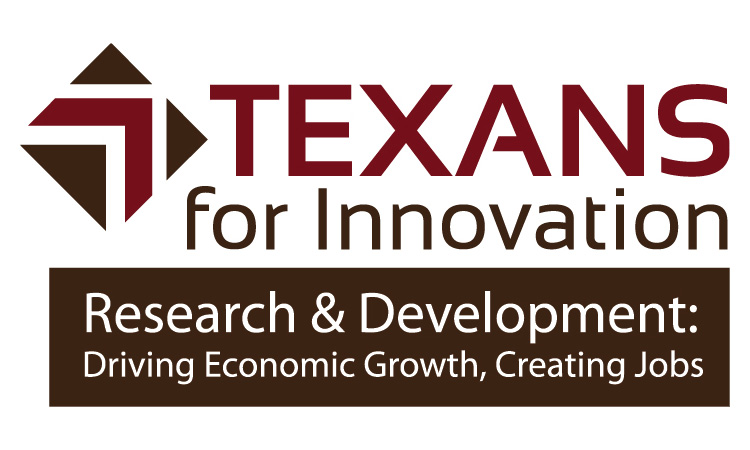
March 13, 2025
Gretchen Fox
(512) 694-4326
Study: “The Economic Effects of R&D Tax Incentives in Texas,” by John W. Diamond, Ph.D.,
Edward A. and Hermena Hancock Kelly Senior Fellow in Public Finance | Director of the Center for Tax and Budget Policy, Rice University’s Baker Institute
AUSTIN, TEXAS – A newly released economic impact study, commissioned by Texans for Innovation, found that extending the state’s research and development (R&D) tax credit will increase economic output, employment, and income, without creating fiscal problems at the state or local level. Specifically, the tax credit would create more than 113,000 jobs and generate $13.8 billion in additional Gross State Product (GSP) in the first 10 years. Texans for Innovation, a coalition of leaders that span the major business and industry sectors of the state, is calling on the Texas Legislature to extend the R&D tax credit due to expire in 2026 to grow the economy and cement Texas’ position as a leader in technology and innovation.
Legislation filed this week, SB 2206 by Senator Bettencourt and HB 4393 by Representative Geren, would offer a Franchise Tax credit for qualified research expenses that will encourage R&D investment across the state, according to Tony Bennett, president and CEO of the Texas Association of Manufacturers and a founding member of Texans for Innovation.
“For many industries like manufacturing, high-tech, energy, and biotechnology, the R&D process represents the critical ‘first phase.’ It’s where questions, ideas, and problems are fleshed out in labs, the field or production facilities to become the products and solutions that power the Texas economy,” said Bennett. “These industries are the driving force in Texas’ economic growth and job creation and the state should be doing all it can to encourage growth in the sectors that are innovating the future of Texas. We appreciate Senator Bettencourt and Representative Geren for their leadership in this critical issue.”
“Investing in R&D is essential for Texas to maintain its status as a top destination for innovation, business growth, and high-quality jobs,” said Jennifer Rabb, president of the Texas Taxpayers and Research Association. “However, despite being the second-largest state economy, Texas lags behind other states in R&D investment. To bridge this gap and secure a competitive advantage, expanding and strengthening R&D tax incentives is not only beneficial but necessary.”
John W. Diamond, Ph.D., Edward A. and Hermena Hancock Kelly Senior Fellow in Public Finance and director of the Center for Tax and Budget Policy at Rice University’s Baker Institute, lead author of the study, said, “Our research demonstrates that an R&D tax credit will pay for itself by increasing the size of the Texas economy by more than enough to offset the cost of the incentive. The implication is clear. The question is not whether Texas can afford to extend the R&D tax credit, but instead whether Texas can afford not to extend the R&D tax credit. Extending the R&D tax credit at its current level is a first step, and it will definitely have a positive impact on the Texas economy, but a significant increase above the current level, whether now or in the future, is necessary if Texas wants to lead the nation in innovation and growth.”
Key findings from the study include:
Texas Lags in R&D Investment
Economic Benefits of Enhanced R&D Tax Incentives
Expanding and making R&D tax credits permanent will generate significant economic benefits:
Revenue Offsets and Fiscal Responsibility
Study Author’s Policy Recommendations for Texas Lawmakers
“With key R&D incentives set to expire, Texas risks losing ground to other states in research and development spending,” said Glenn Hamer, president and CEO of the Texas Association of Business. “Extending these incentives is critical to attracting high-tech industries, creating jobs, and maintaining Texas’ position as a national leader in technology and innovation. Ensuring long-term support for R&D strengthens our economy, workforce, and overall competitiveness.”
Members of Texans for Innovation include the Texas Association of Manufacturers, Texas Association of Business, Texas Healthcare and Bioscience Institute, Texas Taxpayers and Research Association, Texas Chemistry Council, Texas Oil & Gas Association, Texas Economic Development Council, Dallas Regional Chamber, Greater Houston Partnership, North Texas Commission, Opportunity Austin and Lockheed Martin.
Read the full study here.